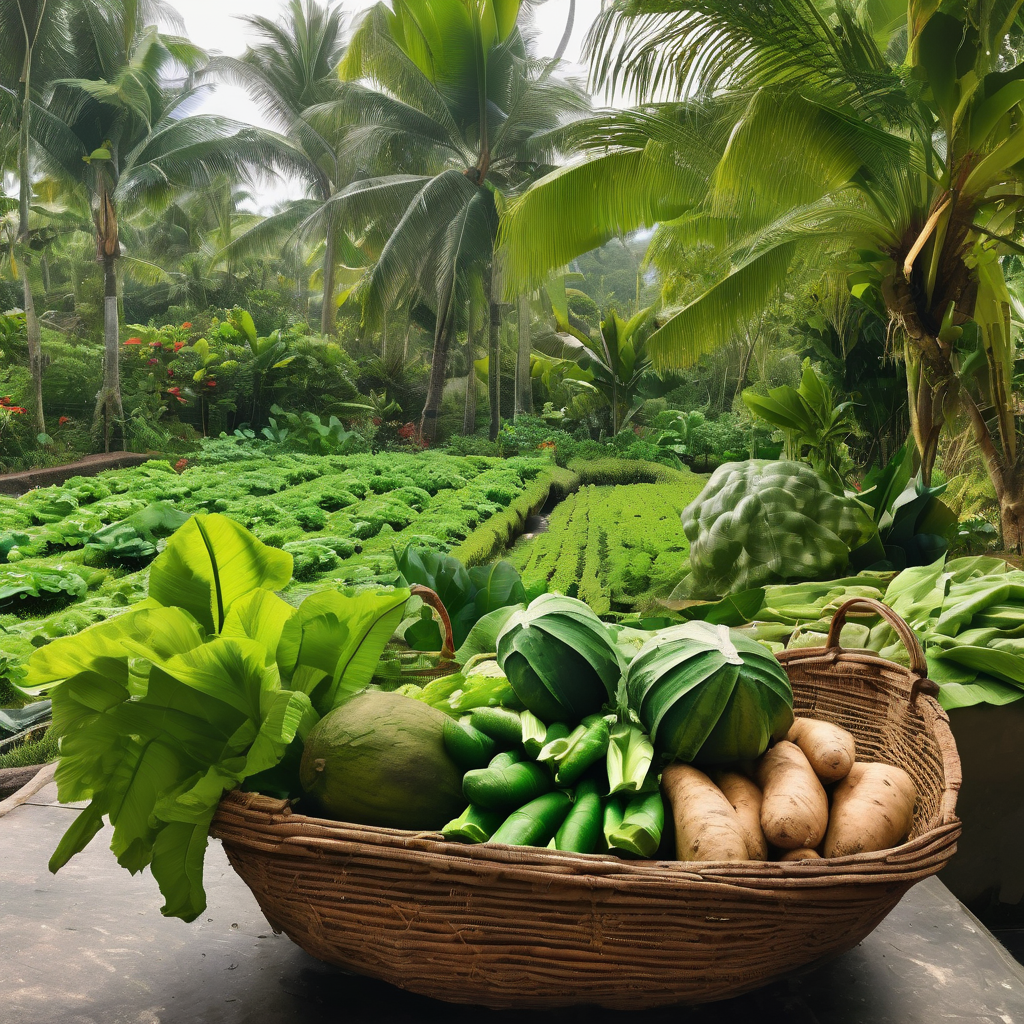Fiji is making notable progress in its organic agriculture sector, as highlighted by Minister for Agriculture and Waterways, Tomasi Tunabuna, during a recent parliamentary session. The government is dedicated to creating a National Organic Policy and Action Plan to position organic farming as a foundational element of sustainable agriculture and rural development.
During the session, Tunabuna underscored the vital role of the Pacific Organic and Ethical Trade Community in steering Fiji’s advancements and shaping regional agricultural standards. He pointed out the significance of the Participatory Guarantee System (PGS), which empowers farmers through community-driven peer inspections and group formations, fostering accountability and ownership at the grassroots level.
The Ministry is finalizing the National Organic Policy and Action Plan, which will officially recognize the PGS process and establish a national framework for organic certification. This framework aligns with the Fiji National Development Plan (2025–2029) and the Non-Sugar Agriculture Sector 10-Year Policy (2025–2035), demonstrating a comprehensive approach to organic farming.
Additionally, Tunabuna confirmed that Fiji has ratified the Global GAP Standards and is working with PHAMA Plus to develop a tailored Fiji Good Agricultural Practices Standard. This standard will serve as a transitional phase toward achieving full organic certification. Building on the draft from 2018, the new policy reflects extensive stakeholder consultations and presents key strategies to enhance farmers’ access to certification. These strategies include educational initiatives, support for group certifications, and the implementation of digital platforms to streamline the certification process.
This initiative not only marks a proactive approach to enhancing food security and improving rural livelihoods but also aligns with broader goals to empower farmers and modernize agricultural methods throughout the nation. By prioritizing sustainable farming practices, Fiji aims to strengthen its agricultural resilience, providing hope for economic stability and growth within rural communities.
These developments reflect the Fijian government’s commitment to integrating sustainability into its agricultural framework, ultimately striving for a more inclusive and prosperous future for all stakeholders within the industry.
